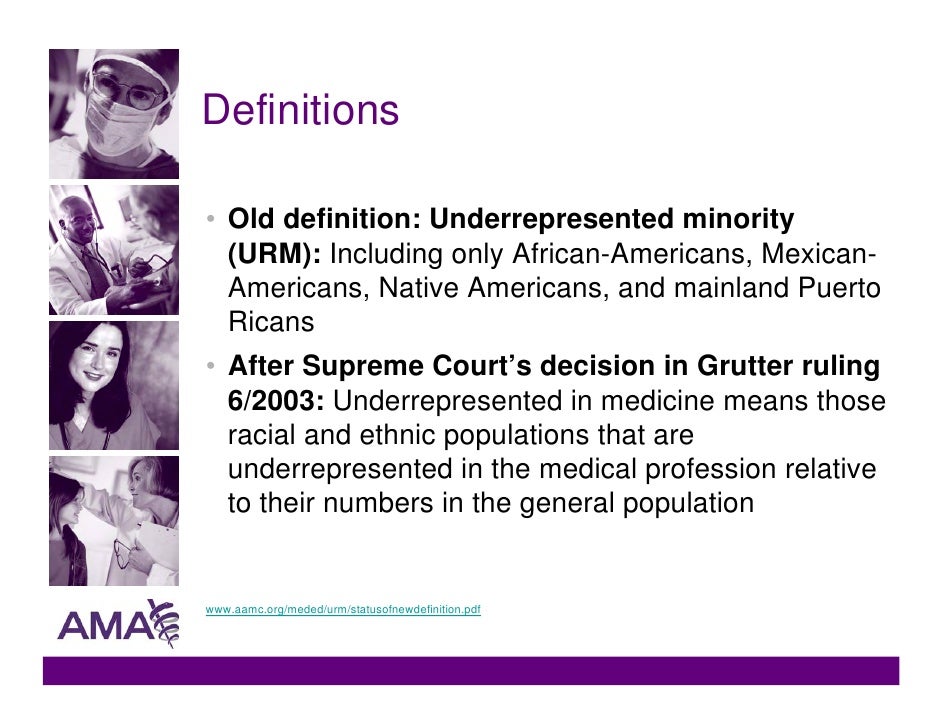

Worse, white incompetence is always an individual matter, but for blacks it is often confirmation of ugly stereotypes.

The white children of alumni are often grandfathered into elite universities in what can only be seen as a residual benefit of historic white privilege.
PREFERENTIAL TREATMENT FOR MINORITIES SKIN
In America, many marginally competent or flatly incompetent whites are hired every day-some because their white skin suits the conscious or unconscious racial preference of their employers. And to these arguments other very obvious facts must be added. They would say that this small preference is the meagerest recompense for centuries of unrelieved oppression. Of course, many blacks and a considerable number of whites would say that I was sanctimoniously making affirmative action into a test of character. I think there is something of a Faustian bargain in this. Still, their society now tells them that if they will only designate themselves as black on their college applications, they will likely do better in the college lottery than if they conceal this fact. Yet, they have never experienced racial discrimination, have never been stopped by their race on any path that they have chosen to follow. They have been called names, have suffered slights, and have experienced firsthand the peculiar malevolence that racism brings out in people. I am a middle-class black, a college professor, far from wealthy, but also well-removed from the kind of deprivation that would qualify my children for the label “disadvantaged.” Both of them have endured racial insensitivity from whites. In a few short years, when my two children will be applying to college, the affirmative action policies by which most universities offer black students some form of preferential treatment will present me with a dilemma. Is he right in doing so? Why does Steele distinguish between racial representation and racial development? List the various reasons that Steele gives for thinking that blacks may lose more from affirmative action than they gain? Which of these, if any, do you find compelling, and why? What is the effect of affirmative action on racialist attitudes and discrimination? What form of affirmative action does Steele believe will truly contribute to black empowerment and progress? Steele grants the good intentions of affirmative action but is worried about its effects. 1946), taken from his 1990 bestselling book, The Content of Our Character: A New Vision of Race in America. That is the subject of this selection, “Affirmative Action: The Price of Preference,” by prize-winning author, columnist, scholar, and filmmaker, Shelby Steele (b. But the possible costs of the practice are less openly discussed. The social and personal arguments in favor of affirmative action are well known: to diminish racial tensions by promoting greater racial equality to provide disadvantaged persons a leg up in their pursuit of a worthy life. But there are also social and psychological arguments about the benefits and harms of affirmative action, both to the broader society and to the presumptive beneficiaries of the practice. Seattle School District (2007) indicates, the legal debates turn on whether such racial preferences fall afoul of the Equal Protection Clause (and also the Due Process Clause) of the Fourteenth Amendment. As Parents Involved in Community Schools v. One of the most vexing questions about American race relations concerns the wisdom and fairness of our programs of affirmative action, practices that, in the name of justice and fairness, give one form or another of preferential treatment to blacks (and other victims of prior discrimination), in order to help them overcome the handicaps incurred as a result of prior injustice and deprivation.


 0 kommentar(er)
0 kommentar(er)
